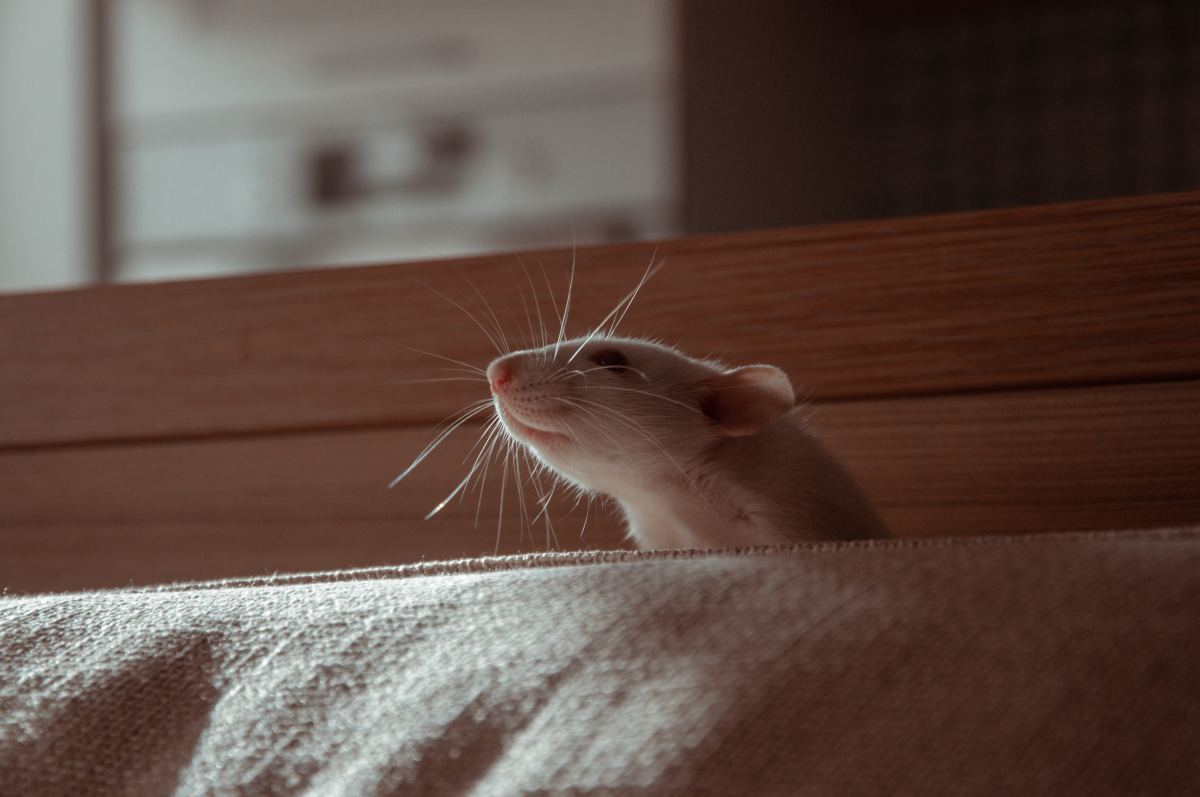Rats are awesome pets, and they deserve care and nutrition just like any other pet. Although they are known for eating just about anything, their diet is a little more complicated than that. They need more than just a bag of pet food from the pet store, and there are actually foods that they can’t eat.
In this article, we will take you through everything you need to know about what to feed your pet rats, as well as foods that they should never eat.
1. Commercial Rat Food
Commercial rat food is one of the best options for feeding your pet rats. It is specifically formulated to meet the nutritional needs of rats and usually comes in the form of pellets. Look for a high-quality rat food that contains a balanced blend of proteins, carbohydrates, fats, vitamins, and minerals.
When choosing commercial rat food, ensure that the first ingredient is a source of protein, such as chicken or fish meal. Avoid products that contain excessive amounts of fillers, grains, or artificial additives.
2. Fresh Fruits and Vegetables
Fresh fruits and vegetables are an essential part of a rat’s diet. They provide vital nutrients and serve as a source of hydration. Offer a variety of fruits and vegetables to ensure a well-rounded diet. Some recommended options include:
– Apples: Remove the seeds as they can be toxic to rats.
– Bananas: A great source of potassium.
– Blueberries: Rich in antioxidants.
– Carrots: A crunchy treat that rats love.
– Leafy greens: Such as kale, spinach, and lettuce.
– Peas: A good source of protein and fiber.
Remember to wash all fruits and vegetables thoroughly before feeding them to your rats. While rats can eat many types of fruits and vegetables, some should be given sparingly or avoided altogether. Check with your veterinarian for a complete list of safe options.
3. Protein
Protein is an essential component of a rat’s diet. It helps build and repair tissues and is crucial for their overall health. Good sources of protein for rats include:
– Lean meats: Cooked chicken, turkey, or lean beef can be offered in small amounts.
– Eggs: Hard-boiled eggs can provide a good protein boost.
– Yogurt: Plain, unsweetened yogurt can be given as an occasional treat.
Ensure that any protein you offer is cooked and free from added salt, seasonings, or sauces. It’s also important to keep in mind that protein should make up only a small portion of a rat’s diet.
4. Whole Grains
Whole grains are a great source of fiber and energy for rats. Choose unprocessed grains whenever possible and avoid products that contain excessive sugar or additives. Some suitable whole grains for rats include:
– Oats: A staple in a rat’s diet, they can be served cooked or raw.
– Brown rice: A good source of carbohydrates.
– Quinoa: Rich in protein and essential amino acids.
Offer whole grains in moderation, as they should not make up the majority of a rat’s diet.
5. Nuts and Seeds
Nuts and seeds are a great source of healthy fats and protein for rats. However, they should only be given as occasional treats due to their high fat content. Some suitable options include:
– Almonds: Provide a good source of vitamin E.
– Pumpkin seeds: Rich in antioxidants and essential fatty acids.
– Sunflower seeds: A great source of vitamin E and selenium.
Remember to remove the shells from nuts and seeds before offering them to your rats to prevent choking hazards.
6. Treats
While it’s important to provide a balanced diet for your pet rats, occasional treats can be a fun way to enrich their diet. However, treats should be given in moderation to avoid health issues. Some suitable treats for rats include:
– Freeze-dried fruits and vegetables: A convenient way to offer a variety of flavors.
– Yogurt drops: Specifically made for rats and a great way to provide a sweet treat.
– Small amounts of cheese: Make sure it is low in salt and fat.
Avoid giving sugary treats, chocolate, caffeine, or any processed human foods to your rats, as these can be harmful to their health.
Foods to Avoid
While rats may be able to eat many different foods, there are certain foods that they should never consume. Some examples include:
– Chocolate: Contains theobromine, which is toxic to rats.
– Raw potatoes and green potatoes: These can contain toxic compounds.
– Citrus fruits: The acidity can cause digestive issues for rats.
– Onions and garlic: Can cause damage to a rat’s red blood cells.
– Avocado: Contains a substance called persin, which is toxic to some animals.
– Alcohol: Highly toxic and can be fatal for rats.
– Anything high in sugar or salt: Can lead to obesity and other health problems.
It’s essential to note that rats have sensitive digestive systems, so introducing new foods gradually and observing for any adverse reactions is crucial. If you are unsure about whether a specific food is safe for your rats, consult your veterinarian.
Conclusion
Providing a well-balanced diet is essential for the overall health and well-being of your pet rats. A combination of commercial rat food, fresh fruits and vegetables, protein sources, whole grains, and occasional treats will ensure that your rats receive all the necessary nutrients for optimal health.
Remember to avoid feeding your rats any foods that are toxic or harmful to their health, and always consult with your veterinarian if you have any concerns or questions about your pet rat’s diet. With the right nutrition, you can keep your pet rats happy, healthy, and thriving.
